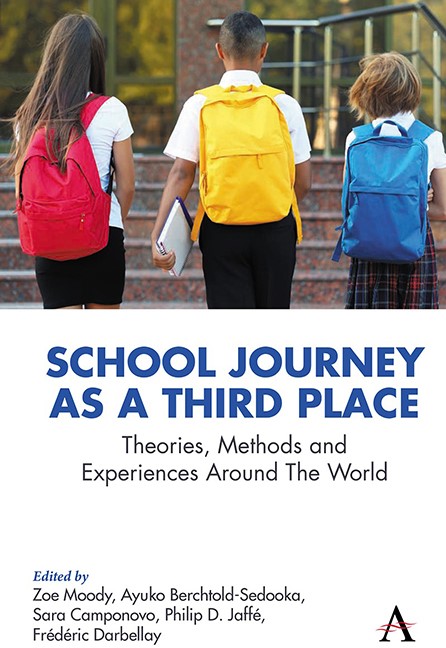Chapter 4 - The (Im)Possibility of Spatial Autonomy for Young City Dwellers
Published online by Cambridge University Press: 14 November 2023
Summary
Introduction
This chapter examines how it is (im)possible for young people (children and adolescents) to move around the spaces of their daily lives autonomously. Why have some age groups all disappeared from the streets, except at the start and end of the school day? The focus is on the spatial dimension of social phenomena, an element rarely explored; increased traffic, the dangers of the road and fear of kidnapping or sexual assault are more often blamed for this. Connecting what goes on inside and outside homes explains the causes and consequences of this situation. Examining these gradual transformations allows directing the lines of thought toward identifying the reasons behind young people of all ages retreating into contemporary domestic spaces, whether deliberately or unintentionally. The events occurring between home and school indicate what becomes (im)possible for young people when it comes to freely exploring their world. Of all daily trips, the journey to school has come under particular scrutiny in recent decades, both from civil society (with the emergence of walking buses, school and play street schemes, etc.) and in the academic community, where interest has grown to include the habits of children outside institutional settings (home, school, etc.). This clearly requires from researchers to rethink their methods. The chapter concludes with considerations about methodology, aiming not to offer a way forward but to challenge approaches to conducting research with the younger generations. This final section should encourage reflection about the methodologies put into action in research and with the children and adolescents concerned, rather than attempting to understand them through the adults’ voices.
The reflections below result from several years of questioning the place of children (from early childhood through to young adulthood) in increasingly urbanised societies. This line of thought comes from the research group AFIN, through a study on adoption and adolescence which looked at how young people adopted from outside Catalonia moved around the city of Barcelona and perceived its public spaces. The researchers also examined the ways the adopted children bring diversity into the wider community, and the resulting changes to the evolution of society (Monnet, 2022). The scope of the study was then expanded, from looking at adopted children to examining the place of children and adolescents in Barcelona (Monnet and Arias 2016).
- Type
- Chapter
- Information
- School Journey as a Third PlaceTheories, Methods and Experiences around the World, pp. 79 - 96Publisher: Anthem PressPrint publication year: 2023

